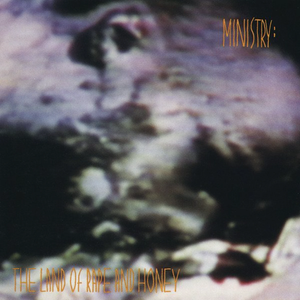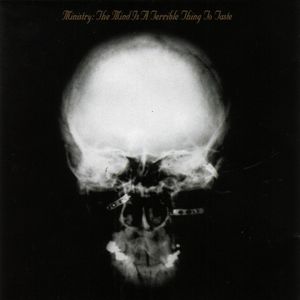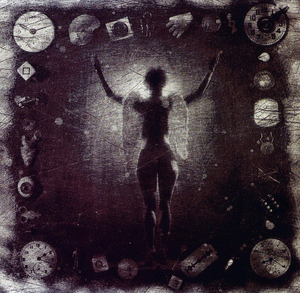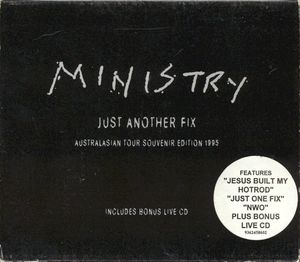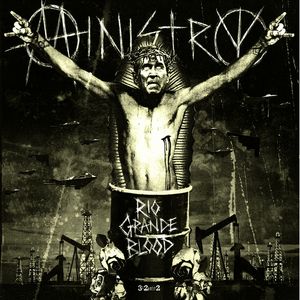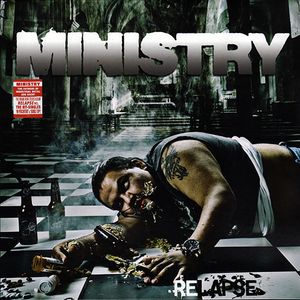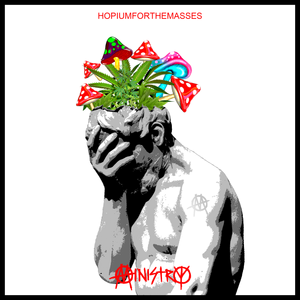

Ministry
Follow Your Favorite Band Today!
Top Ministry Community Posts
Story of Ministry
Ministry: A Sonic Assault on the System
Ministry, the industrial metal titans from Chicago, emerged in 1981 as the brainchild of the enigmatic Al Jourgensen. Starting as a synth-pop act, they quickly evolved into trailblazers of industrial rock and metal, taking the scene by storm in the late 80s.
Jourgensen, the band's driving force, has remained the sole original member, navigating a revolving door of talent. From the haunting vocals of Nivek Ogre and Jello Biafra to the thunderous riffs of Mike Scaccia and Tommy Victor, and the relentless rhythm sections of Paul Barker and Rey Washam, Ministry's roster has always been a force to be reckoned with.
Their influence on the industrial scene is undeniable. The band's early albums like The Land of Rape and Honey (1988) and The Mind Is a Terrible Thing to Taste (1989) cemented their status as genre pioneers, earning them gold certification. Their 1992 masterpiece Psalm 69 went platinum, solidifying their commercial success.
Filth Pig (1996), a stylistic departure, marked Ministry's highest Billboard 200 chart position, reaching number nineteen. However, despite its critical reception, it also marked the beginning of the band's commercial decline. The follow-up, Dark Side of the Spoon (1999), failed to ignite, leading to Warner Bros. dropping Ministry and the band entering an extended hiatus as Jourgensen battled substance abuse.
Jourgensen's recovery brought Ministry back in 2003 with Animositisomina, their final album featuring the long-time bassist Paul Barker. This was followed by a politically charged trilogy, dubbed the "Bush Trilogy," aimed at the then-President George W. Bush: Houses of the Molé (2004), Rio Grande Blood (2006), and The Last Sucker (2007). This period revived the band's commercial momentum and solidified their legacy as a band that refuses to conform to convention.
Ministry, a sonic assault on the system, continues to push boundaries and challenge listeners with their relentless sound and politically charged lyrics. They remain a potent force in the industrial landscape, a testament to the enduring power of raw, uncompromising music.
Frequently Asked Questions
Bands you may like
More Alternative Metal Bands
Discover more bands in the Alternative Metal genre and explore the diverse sounds that define this musical style.
Browse All Alternative Metal BandsMore Bands from United States
Discover the rich musical heritage of United States and explore bands that represent the country's unique sound and culture.
Browse All United States Bands


